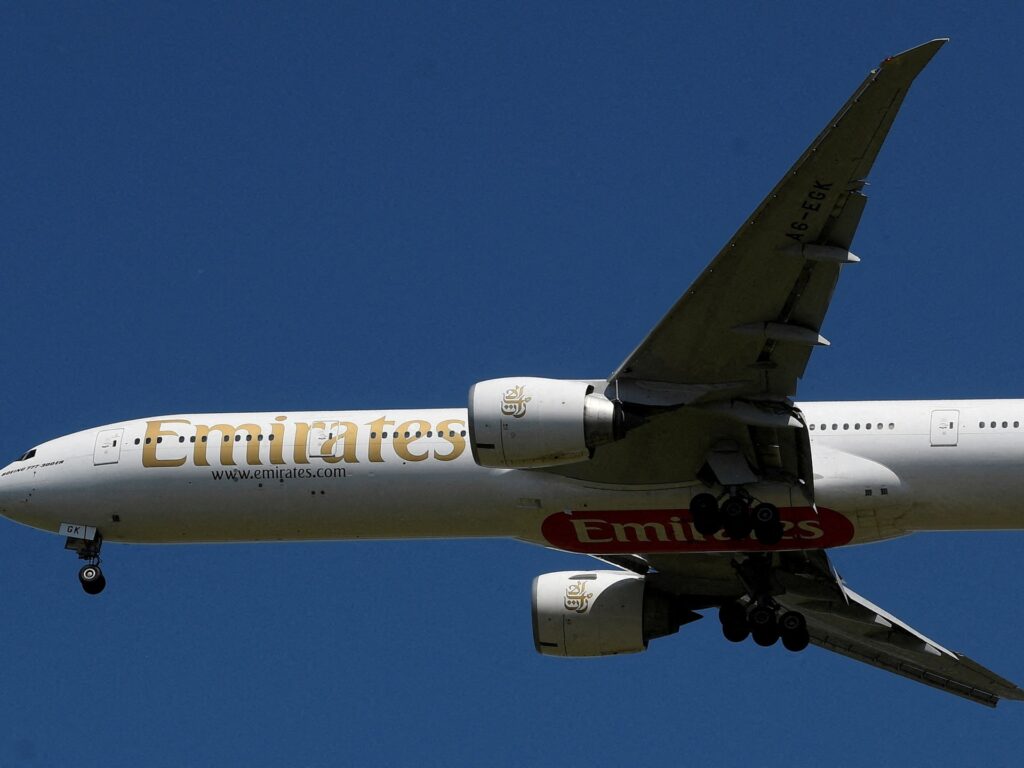Arab countries have closed their airspace following Iran's drone and missile attacks on Israel, but many aircraft remain affected.
Jordan, Iraq and Lebanon have reopened airspace they had closed due to Iran's unprecedented drone and missile attacks on Israel.
Jordanian state television reported on Sunday that the country had resumed air traffic operations, citing aviation authorities. The airspace was opened more than three hours earlier than scheduled.
Lebanon announced it would resume airport operations after an overnight closure, state television reported.
Iraqi aviation authorities said the security risks had been overcome.
Meanwhile, Israel will also reopen its airspace as of 7:30 a.m. (4:30 GMT) on Sunday, adding that flight schedules from Tel Aviv are expected to be affected.
Flag carrier El Al Airlines has resumed operations and said it is “working to stabilize its flight schedule as soon as possible.” “El Al will continue to operate as much as possible to maintain the air bridge with Israel.”
Late Saturday night, Iran launched an explosive drone and fired a missile at Israel. The retaliatory strike was the first direct attack on Israeli territory and raised the threat of a broader regional conflict.
The Iranian government had vowed to retaliate after what it claimed was an Israeli attack on the Iranian embassy in Damascus last week that killed a senior commander of Iran's Revolutionary Guard Corps' Overseas Quds Force and six other officers.
Jordan, located between Iran and Israel, had air defenses in place to intercept drones and missiles that invaded its territory, two regional security officials told Reuters.
A ministerial statement said Jordan intercepted some flying objects that entered its airspace last night to ensure the safety of its citizens.
“During that time, some debris fell in several locations, but there was no serious damage or injury to residents,” it added.
Reactions to the Iranian attack were swift, with many countries saying it was a serious escalation that could have far-reaching implications for the region.
The attack came amid Israel's war on Gaza, which shows no signs of easing despite numerous mediation efforts.
Meanwhile, airlines around the world are also canceling flights or changing routes in response to the Iranian attack.
A spokesperson for UAE-based Emirates announced the cancellation of some flights and rerouting of others.
A spokesperson for the airline said: “We are closely monitoring the situation following recent airspace closures and are making every effort to minimize disruption to our customers.”
Abu Dhabi-based Etihad Airways canceled flights to Jordan and Israel on Sunday, the airline said in a statement.
Swiss International Airlines announced on Sunday in a post on social media platform X that it is suspending flights to and from Tel Aviv until further notice.
Swissair, part of German airline Lufthansa, said all its planes were avoiding the airspace of Iran, Iraq and Israel, causing delays to flights from India and Singapore.

